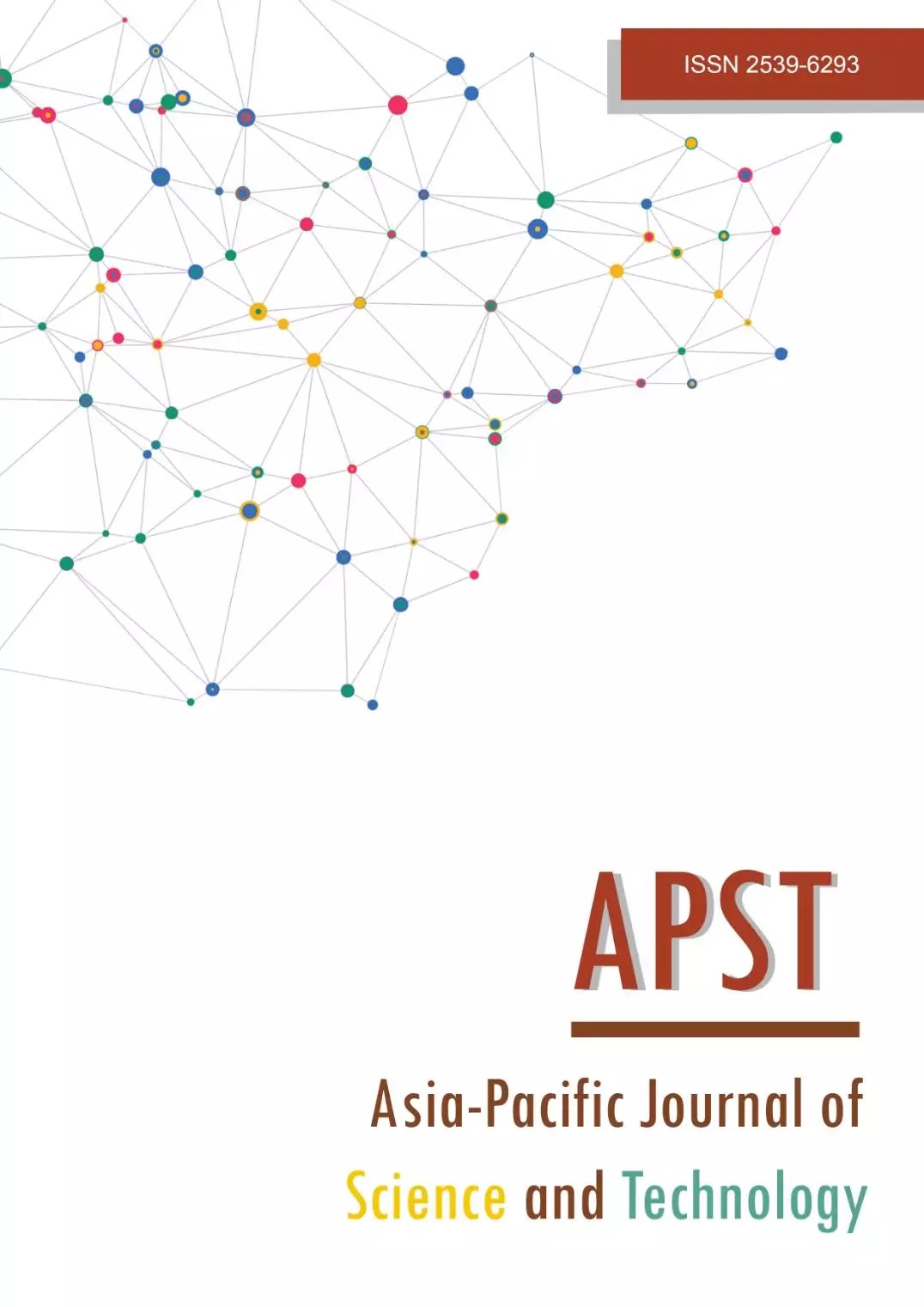The effect of education intervention on caregiver’s knowledge about vaccination in children aged 0-23 months
Main Article Content
Abstract
The caregivers of children aged 0-23 months are lack of knowledge and information about vaccination which resulting in the low rates of vaccination in Lamongan. The objective of this study was to investigate the effect of education intervention on caregiver’s knowledge about vaccination in children aged 0-23 months in Lamongan, East Java, Indonesia. A quasi-experimental design with one group of pretest-posttest without control group design was employed. One hundred and thirty caregivers in one group that fulfilled the inclusion criteria were selected from the Integrated Healthcare Centers (Posyandu) in five villages. The caregivers answered a pretest questionnaire and socio-economic data. After that, they received education about vaccination in children aged 0-23 months using video records and wheel vaccination calendar. Next month on the day of vaccination, a posttest with same question as pretest was administered. The results of the validity research instrument showed that the I-CVI was 0.79. Reliability for measuring caregiver’s knowledge about vaccination using KR-20 was 0.83. The statistical analysis was performed by using Paired sample t-Test. The result showed a significant increase in mean ±SD from 20.69 (± 2.58) before intervention to 24.97 (± 2.58) after intervention at the level of p<0.001. According to the result of this study, education interventions using video records and wheel vaccination calendars can increase caregivers’ knowledge about vaccination in children aged 0-23 months. Future research should be done with a larger number of participants to provide more quality representation. Twenty-three months program to monitor vaccination in each age can be measured for effective education intervention.
Article Details

This work is licensed under a Creative Commons Attribution-NonCommercial-NoDerivatives 4.0 International License.
References
World Health Organization. WHO South-East Asia | World Health Organization [Internet]. [cited 2020 Sep 19]. Available from: https://www.who.int/southeastasia?__cf_chl_captcha_tk__ =yIkTZw7ADZM.7V
.qlCJiBAe7.9UMYjmEUXHf5FnUuz8-1639363821-0-gaNycGzNCVE.
World Health Organization. Immunization coverage [Internet]. [cited 2020 Aug 27]. Available from: https://www.who.int/news-room/fact-sheets/detail/immunization-coverage.
UNICEF. Disruption of childhood vaccination in South Asia poses an urgent threat to children’s health – UNICEF [Internet]. 2020 [cited 2020 Sep 15]. Available from: https://www.unicef.org/press-releases/disru
ption-childhood-vaccination-south-asia-poses-urgent-threat-childrens-health.
Burch A. Progress and challenges with achieving universal immunization coverage. Geneva: WHO; 2020.
Ministry of Health Indonesia. Bulletin surveys P3DI and immunization. 2nd ed. Jakarta: MOH; 2020.
World Health Organization. Vaccines and immunization [Internet]. [cited 2020 Sep 20]. Available from: https://www.who.int/health-topics/vaccines-and-immunization#tab=tab_1.
Ministry of Health Indonesia. Minister of Health Regulation No.12 of 2017 concerning the Administration of immunization. Jakarta: MOH; 2017.
World Health Organization. South-East Asia regional vaccine action plan 2016-2020 [Internet]. 2020 [cited 2020 Sep 15]. Available from: https://apps.who.int/iris/handle/10665/272397? __cf_chl_captcha_tk
__=ft445LDzUizemYvBI44oqrGS0hnNSgWPBFqPJHOnPic-1639365940-0-gaNycGzNCiU.
Rahmaningrum H, Yasmara D, Krisnana I. Factors analysis related to the completeness of providing basic immunization in infant aged 12 months. Medico-legal Update. 2020;531-537.
Isnayni E. Relationship mothers’ knowledge, family’s income, family role and basic immunization status. JBE. 2017;(3):360-370.
Azmi NL, Ling LA, Mageswaran A, Azlan WMW, Bakar NMA. The effect of educational intervention on parental knowledge regarding immunization. Int Res J Pharm Med Sci. 2008;(1):1-5.
Hu Y. Does an education seminar intervention improve the parents’ knowledge on vaccination? evidence from Yiwu, East China. IJERPH. 2015;(4):3469-3479.
Smith PJ, Kennedy AM, Wooten K, Gust DA, Pickering LK. Association between health care providers’ influence on parents who have concerns about vaccine safety and vaccination coverage. Pediatrics. 2006;(5):e1287-e1292.
Tickner S, Leman PJ, Woodcock A. Factors underlying suboptimal childhood immunisation. Vaccine. 2006;(49-50):7030-7036.
Rahmawati AI, Wahjuni CU. Factors affecting completeness of basic immunization in North Krembangan Village. Jurnal Berkala Epidemiologi. 2014;(1):59-70.
Awadh AI, Hassali MA, Al-lela OQ, Bux SH, Elkalmi RM, Hadi H. Does an educational intervention improve parents’ knowledge about immunization? Experience from Malaysia. BMC Pediatr. 2014;(1):254-261.
Verulava T, Jaiani M, Lordkipanidze A, Jorbenadze R, Dangadze B. Mothers’ knowledge and attitudes towards child immunization in Georgia. TOPHJ. 2019;(1):232-237.
Adefolalu O, Kanma-Okafor O, Balogun M. Maternal knowledge, attitude and compliance regarding immunization of under five children in primary health care centres in Ikorodu local government Area, Lagos State. J Clin Sci. 2019;(1):6-14.
Owais A, Hanif B, Siddiqui AR, Agha A, Zaidi AK. Does improving maternal knowledge of vaccines impact infant immunization rates? a community-based randomized-controlled trial in Karachi, Pakistan. BMC Public Health. 2011;(1):239.
Kaufman J, Ryan R, Walsh L, Horey D, Leask J, Robinson P, et al. Face-to-face interventions for informing or educating parents about early childhood vaccination. Cochrane Consumers and Communication Group, editor. Cochrane Database of Systematic Reviews [Internet]. 2018 May 8 [cited 2021 Mar 16]; 2018(5). Available from: http://doi.wiley.com/10.1002/14651858.CD010038.pub3.


